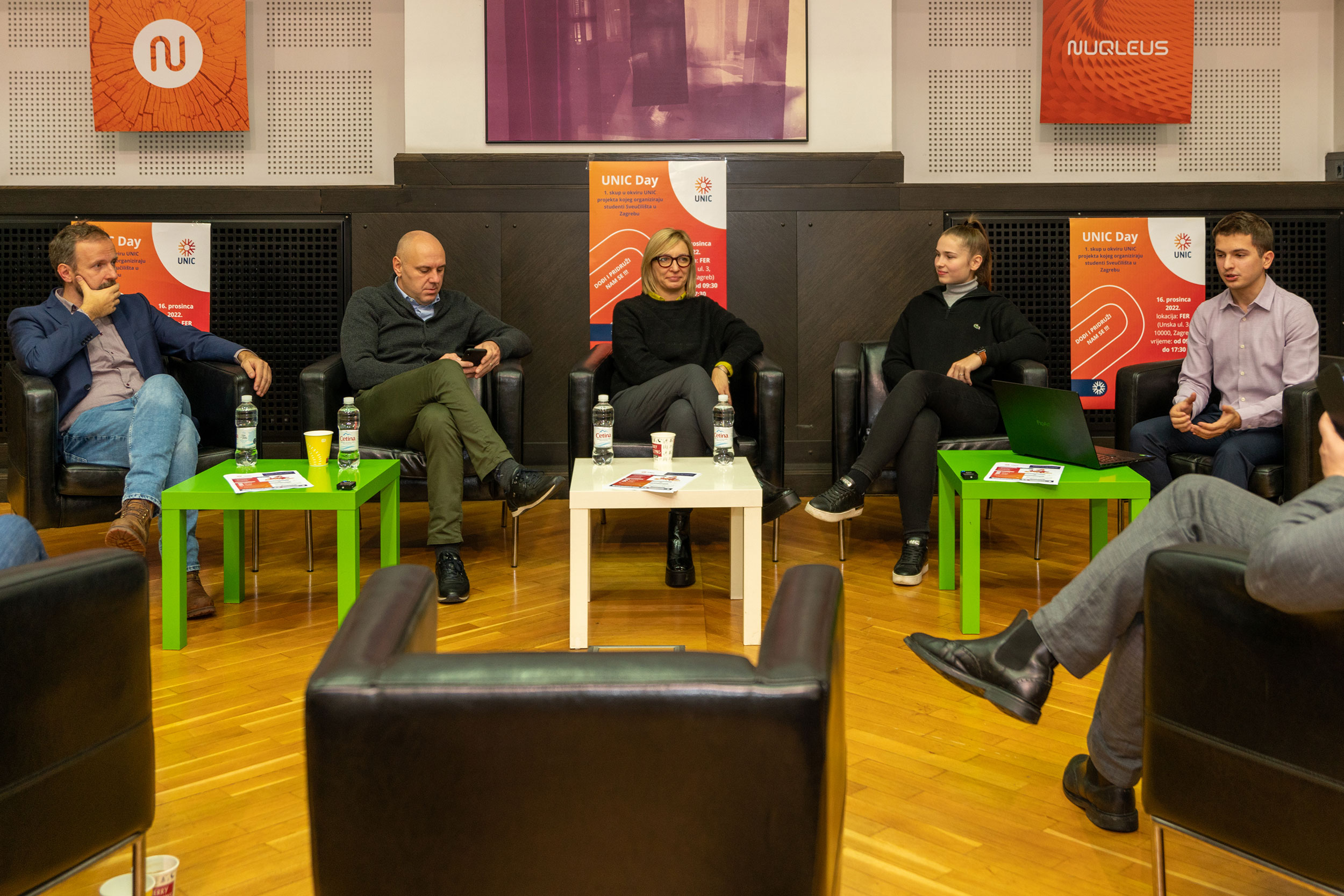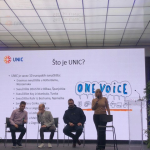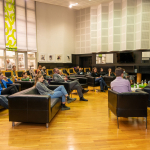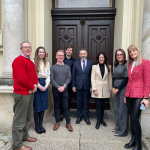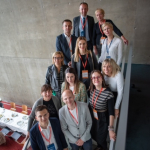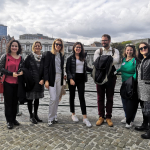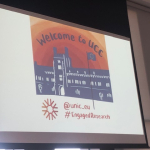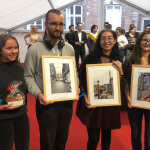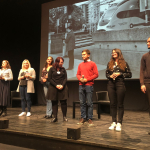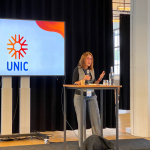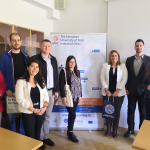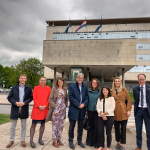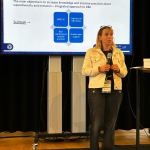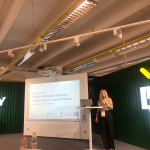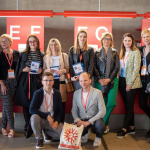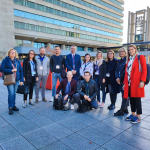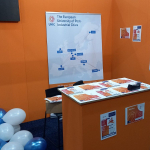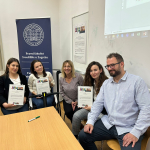The first phase of the European University of Post-Industrial Cities in Transition project (UNIC1) was successfully concluded on 30 September 2023. This project aims to establish a new European university that will enhance student mobility and inclusivity and contribute to creating a model for inclusive education in addressing the challenges of post-industrial cities and an increasingly diverse European society.
The implementation of the three-year project involving the institutional collaboration among ten universities from across Europe, began on 1 October 2020, with Professor Ivan Koprić as project leader for the University of Zagreb, and Associate Professor Goranka Lalić Novak as deputy, both from the Faculty of Law, University of Zagreb.
“Over the three years of the project, with the significant involvement of participants from all eight universities, we have provided and produced hundreds of documents, platforms, and other results. The effort invested by the universities and other partners is truly immeasurable,” Professor Ivan Koprić emphasized, Dean of the Faculty of Law and the leader of the UNIC project at the University of Zagreb. Koprić highlighted the high-quality innovation through city labs named Otporan Zagreb (Resilient Zagreb), Zeleni Zagreb (Green Zagreb), Uključivi Zagreb (Inclusive Zagreb), involving 868 participants. Additionally, the project achieved substantial student and teacher mobility, a virtual campus, a Superdiversity Academy, and the development of two new joint study programmes in which all UNIC universities participate, including various constituent units of the University of Zagreb.
Furthermore, a superdiversity school with 84 participants was organized, seven internal bulletins were published, a symposium on refugees was held in collaboration with over 200 participants from all over Europe. A UNIC online language module for the Croatian language, designed for independent learning, was used 118 times, making it the second most popular module among all language modules developed by UNIC. A race was also organised for students, alumni, and the UNIC Alliance staff from the University of Zagreb, involving 135 participants. During two academic years, more than 400 first-year students were connected with their older peers who served as mentors.
In 2022 UNIC expanded its membership by two more universities, namely the University of Malmö from Sweden and the University of Łódź from Poland. One year after the launching of UNIC1 project on 1 September 2021, a complementary research and innovation project – UNIC4ER was launched aimed at strengthening engaged research. The project is led by Associate Professor Marko Jurić, also from the Faculty of Law.
Based on the exceptionally positive evaluation of results and the quality of proposals for the project’s continuation, prepared for the period from 1 October 2023 to 30 September 2027, the European Commission approved funding for UNIC for yet another four-year period. Over these four years, activities will be further expanded and intensified, with significantly increased European funds being granted for this purpose. Therefore, it was decided to transfer project management and coordination from the Faculty of Law to the Rectorate of the University of Zagreb. The approved UNIC2 project will be led by Vice-Rector Professor Jurica Pavičić, while Associate Professor Goranka Lalić Novak will continue to provide expert guidance.
The current participants, the University Computing Centre (SRCE) and the Faculty of Law, will continue to play essential roles in the implementation of planned activities. The Faculty of Law will co-coordinate the thematic line “Justice, Security, and Institutions” together with the University of Łódź, and with Associate Professor Zoran Burić as co-leader. Assistant Professor Tijana Vukojičić Tomić will co-lead the part of work package 4 aimed at developing the Community for Extreme Diversity for the entire UNIC Alliance. Numerous students and professors from various constituent units of the University of Zagreb, as well as staff from the Rectorate and certain faculties and academies, will continue to participate in the implementation of the project through various other activities and thematic lines.
“Although we have already gained additional European and even global recognition for the University of Zagreb and its constituent units in the first phase, the European University of Post-Industrial Cities will significantly deepen this quality over the next four years. It will then continue to operate as a permanent network of closely connected ten partner universities, as envisioned in the design of European universities, becoming one of the sixty key players in the European educational, research, and innovation landscape,” Professor Koprić pointed out.

